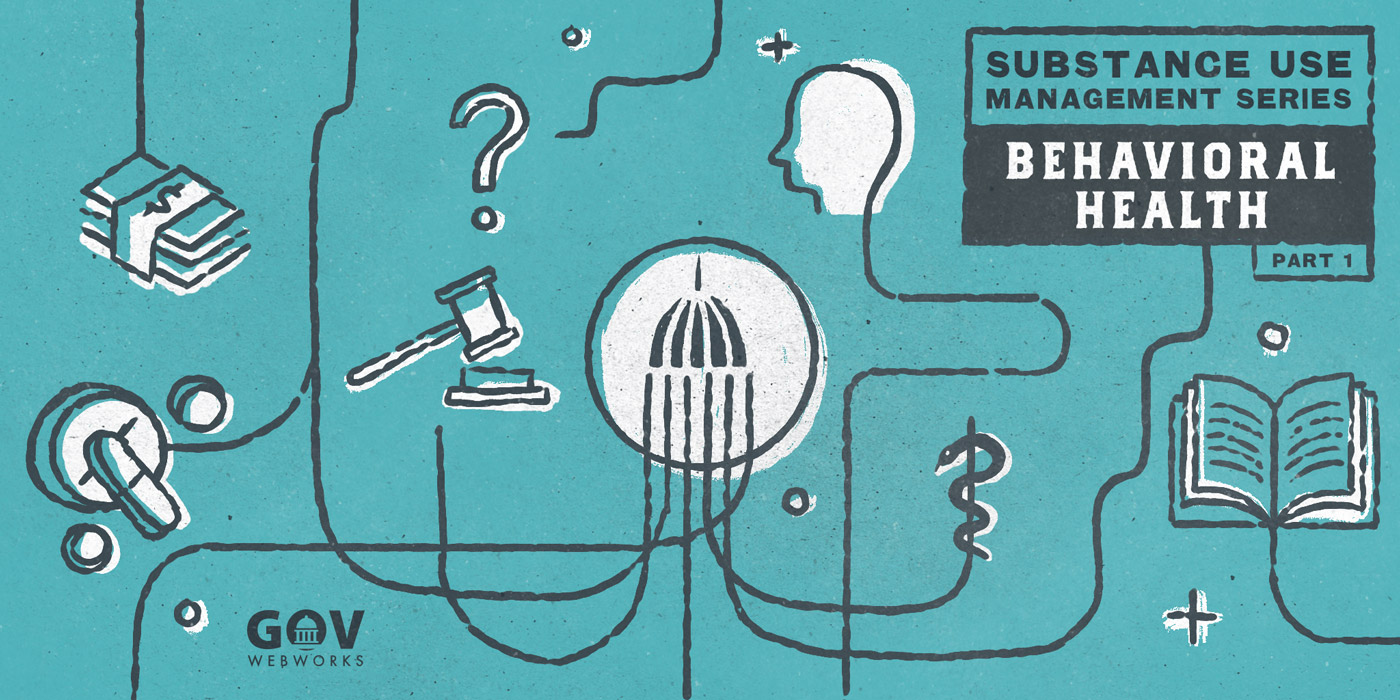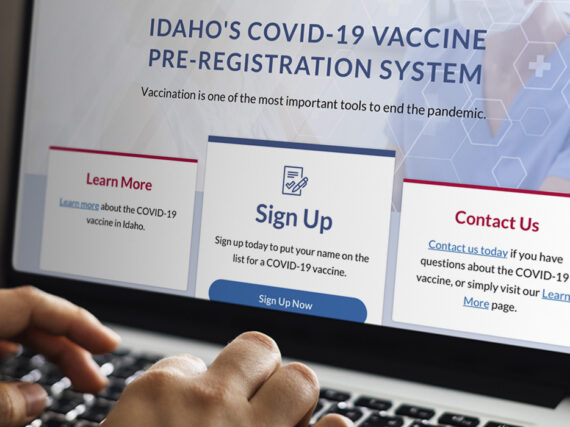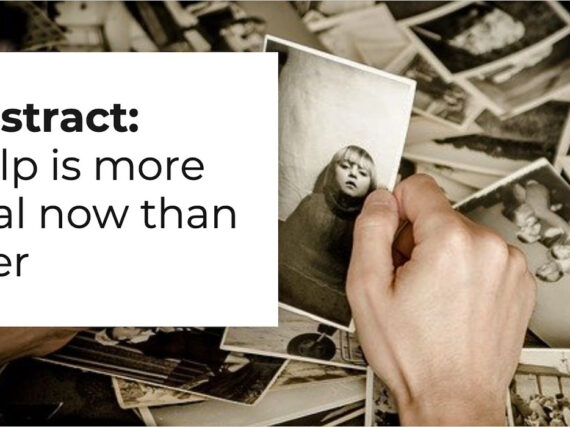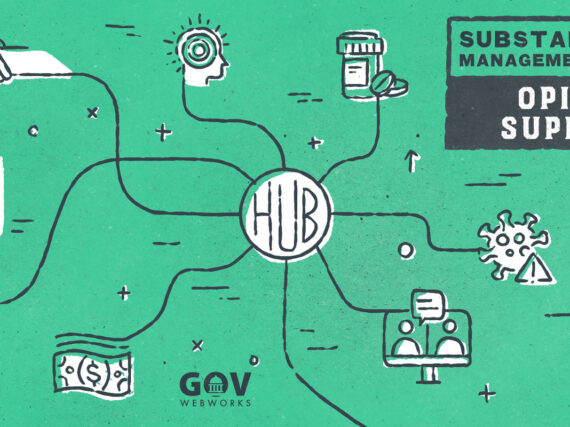Our behavioral health, which encompasses the emotions, behaviors, and biology of mental well-being, is the foundation of who we are. It’s normal for us all to have ups and downs, but lately, anxiety and stress surrounding Covid-19, the election, and the global economic downturn has pushed many people to their limits. This leaves government officials worried about potential consequences, both in terms of behavioral health and the subset of substance use.
In this article, I wanted to look behind the scenes into one facet of government which is often overlooked – the legislative branch, and how it affects the way in which human services programs, like those surrounding behavioral health, are structured and funded. The National Conference of State Legislatures (NCSL) is an organization which provides non-partisan support and advice to over 7,383 legislators and 30,000 staff nationwide. Their experts inform state legislatures on the behavioral health issues arising due to Covid.
Behavioral health support system
Behavioral health is the term for issues relating to both mental health and substance use, which are often addressed as subsets or related programs or agencies. When states need help with issues relating to behavioral health, they often turn to Karmen Hanson, NCSL’s Program Director for Behavioral Health and Pharmaceuticals.
Because state legislative sessions vary widely, meet at different times, and are differently staffed, NCSL provides a steady and consistent source of reliable information to enable more informed decision making. Public-facing databases are available for legislators to search for webinars, legisbriefs, policy briefs, topic-specific learning opportunities, and legislative conferences. NCSL also provides or facilitates a neutral place for people to meet, learn, and discuss ideas or issues. Sessions are held around innovative practices, with people working in teams from their state to produce an action plan tailored to the needs of the state.
“Each state legislator is different,” says Health and Human Services policy Director, Margaret Wile. “They are often from a wide variety of backgrounds, like small business owners, farmers, bankers, and retirees. Once elected, they are expected to be subject matter experts on topics A-Z, from agriculture to zoning and everything in between. NCSL helps provide information and educational opportunities on all of these topics for state legislators and legislative staff.”
As part of her duties, Hanson works with state teams or multi-agency collaboratives, which include legislators, legislative staff, representatives from the governor’s office, human services, and people with expertise in Medicaid, finance, and technology. I asked Hanson to share her perspective on how states support behavioral health.
How does NCSL deliver support to states?
As Hanson notes, NCSL can provide support for an idea or questions from state legislators, and show how other states have tackled similar issues. For example, addressing the opioid crisis has been a priority issue in many states for a number of years.
“States have been working hard to reduce opioid misuse in a variety of ways,” Hanson says. “Legislatures are tasked to fund substance use treatment programs, education campaigns, and research within the state by enacting budget bills for the public health department. They can also enact measures that can change how health professionals use state prescription drug monitoring programs to check for potential substance misuse.”
She adds, “The legislative branch also decides how the state employee insurance plan is funded and operates, as well as the state Medicaid program,” which supports opioid treatment.
Research and resources
NCSL can provide backup resources and research for specific topics. For instance, as the science evolves regarding effective treatments and prevention for behavioral health, such as pharmaceuticals, peer support services, medication assisted treatment (MAT), and others, legislators need to keep informed of what their options are, and how best to react, or if to react at all.
NCSL has tracked years of state actions regarding opioid misuse policies in their injury prevention measures database. By providing this and other resources to legislators and legislative staff, they can review recent measures or find publications that address a variety of actions that may be useful in drafting a new idea for their state. Legislators have also participated in specialized NCSL trainings like the Opioid Policy Fellows series, which brings together interested legislators into a small cohort to learn the latest science and evidence-based research and policies to combat the opioid crisis. The legislators then make a personalized action plan of steps they would like to take in this area to apply what they have learned to address the issue in their state.
Additionally, as the culture changes, there is need for clearer guidance for individuals. As people become more willing to talk about behavioral health and substance use issues, there is greater need to provide information about MAT, peer support, payment for providers, and the appropriate use of Medicaid resources.
Funding
Some NCSL work is done via grants and cooperative agreements with organizations like the CDC and other federal agencies. Topics include injury prevention, public health winnable battles, and costly and preventable health issues that may be prevented with upstream intervention before they become an issue, as with the opioid crisis. These resources may assist states in applying for grants from Federal agencies and other sources to fund a new effort in their state.
Education
NCSL works to educate legislators on key issues and provide them with the necessary background and legislative examples so they feel more confident to effectively do their job. Legislators will ask questions to get the information they need, and/or get directed to additional resources. Following the election process, welcome packets are sent out to each newly elected legislator with an overview of how NCSL can help them become experienced legislators and explain the scope of resources available to them.
After this election, the NCSL is sending out the same information they usually do, a welcome packet about NCSL with information on resources and services. It is especially important this year because they may not be able to meet the legislators in person due to the pandemic.
Normally, NCSL functions as a convener for many projects, bringing people together to work on key issues and help the parties communicate as they move forward. While the means of communication has changed, the consistent and deep expertise is essential to provide legislators with the knowledge they need to craft well-informed policies that affect behavioral health in their state.
How are states using technology to support behavioral health issues?
Within the behavioral health domain, there are currently a few trends that NCSL is seeing:
Opioid response tools
The opioid epidemic has not subsided, and despite the lack of recent press, may have gotten worse. Consequently, Hanson says NCSL is tracking actions like the expanded use of MAT and OCR using federal grants to help people get into treatment and recovery, and back into the workforce. As an on-going issue, they expect SAMHSA grants and other Federal agency funding opportunities will help to spur along this work. States may use NCSL’s large databases of examples and research to define their proposals and spark ideas in their requests for funding.
States may also leverage Federal and other funds to quickly stand up web portals or expand systems of care, like the creation of the substance abuse You Are Prevention resource tool and mobile app deployed by a coalition led by the University of New England. States may plan for longer term investments with the use of Medicaid dollars, often linked to larger healthcare provider systems for the provision of medical treatments for those affected by behavioral health issues. These projects use technology tools like data sharing dashboards as seen in the State of Virginia’s Addiction and Recovery Treatment Services (ARTS) model.
Resource hubs
States have also been improving their behavioral health-related online services and related software applications. This includes promoting available services online via resource portals and websites, increasing the number of mobile applications, and coordinating a larger group of external resources. Hanson points out that another focus has been the expansion of resource centers available to serve the public as states are becoming the central hub to funnel people to resources in their communities.
For example, the state of New Hampshire has launched a front facing resource portal called The Doorway to direct people to opioid treatment services in their area, and the State of Utah has launched a mobile app called SafeUT where people can report violence and self harm. A text or phone call is answered by the University of Utah psychiatric department, and will connect them to the appropriate resources, such as someone to talk to, or a welfare resource officer or law enforcement officer, as needed.
Data dashboards
The other notable technology trend is the use of shared data dashboards. These enable a wide range of collaborators to see real-time information and to react accordingly. Hanson sees states using more automated data systems which add or share actual live data, rather than relying upon systems which update less frequently or rely on manual updates.
States with systems that talk with each other seem to have greater success in sharing data among various entities. As a result, legislators may want to consider changes to state rules regarding data access and data sharing. NCSL can help states understand what other states are doing and how they might tackle issues like these, as well as facilitate connections to other resources.
This type of coordination between Federal, state and local government, and nonprofit entities is highly successful in helping those with behavioral health issues. For instance, Baltimore’s overdose map is a great example of a dashboard in the opioid space. Dashboards with a wider scope like Access Sonoma allow a wide coalition of partners to assess real time needs and deploy appropriate resources.
Where are state behavioral health programs headed?
States have spent the last 10 years building up their behavioral and mental health systems, including better education, more coordinated resources, and wider systems of care. Now they should be prepared to deal with the following issues:
Budget cuts
According to Wile, states are seeing severe budget cuts due to repercussions from Covid-19. Indeed, NCSL sees budget constraints as being the number one issue facing many state legislators right now. Although the Federal government has provided various types of stimulus packages, and relaxed many regulations, there is concern over how long this flexibility will remain, and what will happen in future budget cycles. Because behavioral health programs are often an easy target when budgets are cut, NCSL is working hard to ensure that legislators and their executive branch colleagues find creative solutions to ensure consistency of operations.
Technology upgrades
Hanson believes that we can always use new and innovative ways to help people with behavioral issues. With the events over the last year or so, many more people are looking for behavioral health supports. Legislators and their health and human services colleagues across the country are trying to determine how best to meet the needs of their citizens and to ensure that the programs in place are run as efficiently as possible.
To ensure that the needs of citizens can continue to be met, legislatures, technology departments, and departments of health and human services must work together. This means that organizations like NCSL, that provide a collaborative space for state entities to find solutions, are more important than ever.
In many cases, I’m finding that technology tools such as resource portals and data dashboards can yield significant returns on investment in terms of both time and money. I welcome you to reach out to us for more info on creative solutions for substance use management.
Learn more
- Association of State and Territorial Health Officials
- National Association of State Mental Health Directors
- National Association of State Alcohol and Drug Abuse Directors







